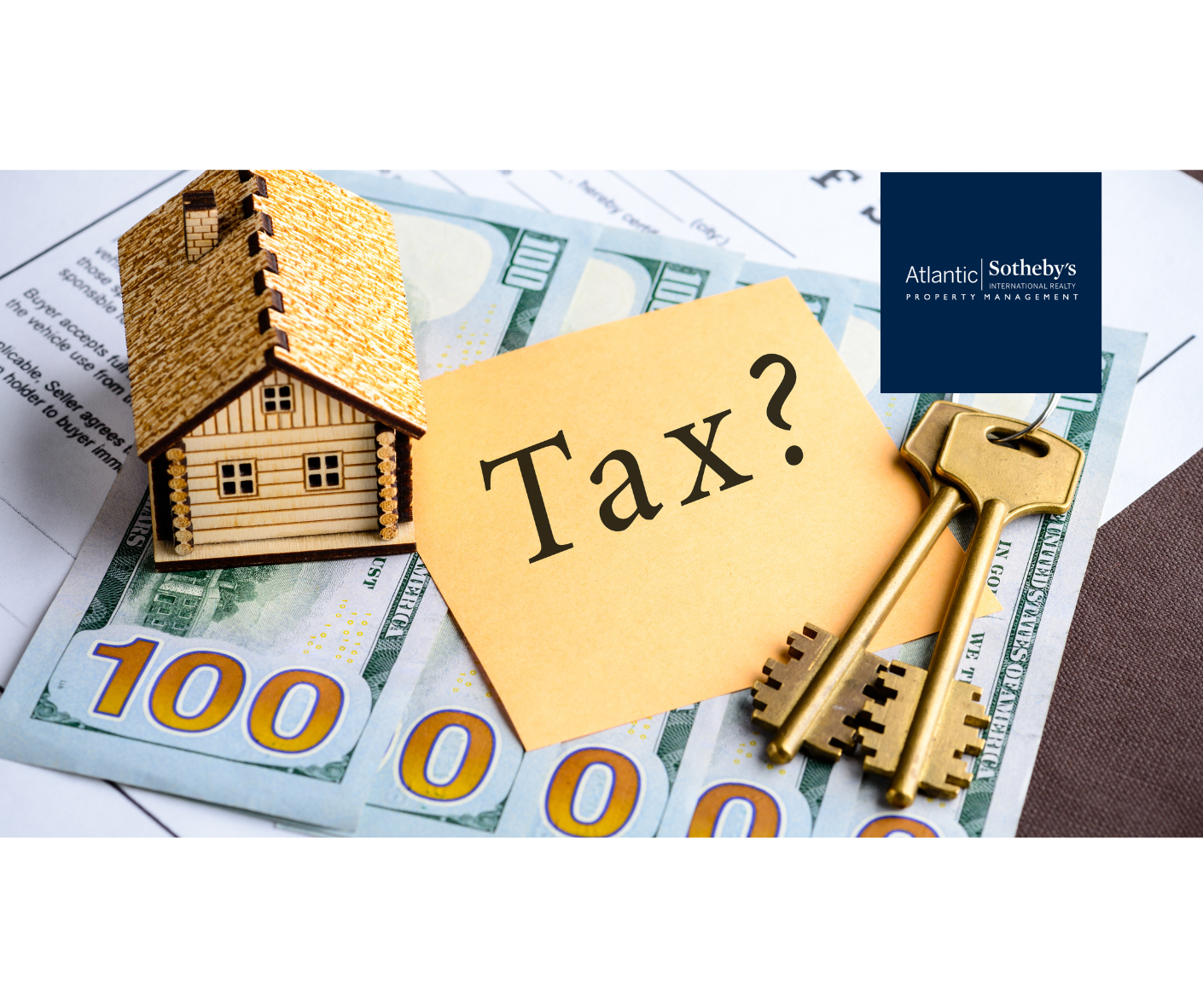The tax benefits of owning rental properties are a significant reason why many wealthy individuals choose real estate as a cornerstone of their investment portfolios. Real estate offers a variety of tax advantages that can substantially increase your financial returns while helping you build long-term wealth. The rich have long understood how to leverage these benefits to maximize their earnings and minimize their tax liability. Whether you are considering purchasing your first rental property or expanding your portfolio, grasping the impact of these tax benefits can profoundly influence your investment strategy. Before I begin, I am not a tax professional. The information below is widely available on the internet.
One of the most impactful tax benefits is the deduction of mortgage interest. If you finance a rental property with a loan, you can deduct the interest paid each year. This deduction often represents the largest expense for many property owners. For example, if you pay $15,000 in mortgage interest over a year, that entire amount can be deducted from your rental income, significantly lowering your taxable income.
Another powerful advantage is depreciation. This non-cash deduction allows property owners to write off the value of the property over time, even if the property’s market value is appreciating. Residential rental properties are depreciated over 27.5 years, while commercial properties follow a 39-year schedule. If you purchase a rental property for $300,000, with the building's value assessed at $240,000, you can deduct $8,727 each year as depreciation. This deduction reduces your taxable income without costing you anything out-of-pocket.
Operating expenses are another area where property owners benefit. Expenses such as property management fees, repairs, maintenance, insurance premiums, utilities, and advertising costs are all deductible. Keeping meticulous records of these expenses ensures you maximize your deductions and simplify tax preparation.
Property taxes and insurance premiums also offer tax relief. These necessary expenses are fully deductible, and given that they can be substantial depending on your property's location and value, they can significantly reduce your taxable income.
For those who actively manage their rental properties, travel expenses related to the business can also be deducted. This includes mileage for trips to the property, meetings with property managers, or supply runs. Accurate mileage tracking is essential to ensure you can take full advantage of this deduction.
If you have a dedicated home office used exclusively for your rental property business, you may be eligible for the home office deduction. This deduction can apply to a portion of your mortgage, utilities, and internet costs, provided the space is used regularly and exclusively for business purposes.
The Tax Cuts and Jobs Act introduced the Qualified Business Income (QBI) deduction, which allows eligible rental property owners to deduct up to 20% of their qualified business income if their rental activity qualifies as a trade or business. Consulting a tax professional can help determine your eligibility for this deduction.
Capital gains tax advantages further enhance the appeal of real estate investment. When you sell a rental property, any profit is subject to capital gains tax. However, long-term capital gains rates are typically lower than ordinary income tax rates if you have held the property for more than a year. Additionally, investors can use a 1031 exchange to defer taxes by reinvesting the proceeds from a sale into another investment property.
Wealthy individuals favor real estate for several reasons beyond tax benefits. Leverage allows investors to use borrowed money to control more valuable assets, benefiting from appreciation on the entire property's value. Rental properties often provide positive cash flow, offering a steady stream of passive income. Real estate is also a tax-efficient investment, with deductions like depreciation and mortgage interest minimizing taxable income. Over time, property values tend to appreciate, further increasing wealth. Real estate can also be passed down to heirs with a step-up in basis, potentially eliminating capital gains taxes for the next generation.
Consider the example of Sarah, who owns three rental properties, each generating $20,000 annually. Her deductible expenses include $15,000 in mortgage interest, $26,181 in depreciation across the three properties, $5,000 for property taxes and insurance, $3,000 for maintenance and repairs, and $4,000 in property management fees. In total, she deducts $53,181 from her $60,000 rental income, resulting in just $6,819 of taxable income.
Getting started with rental property investing involves educating yourself about real estate fundamentals and tax implications. Building a team that includes a real estate agent, tax professional, and property manager can provide essential guidance. Analyzing properties with tools like cash-on-cash return and cap rate calculations helps assess potential investments. Meticulous record-keeping ensures you maximize your deductions and stay compliant with tax regulations.
Owning rental properties isn’t just about collecting rent checks; it's about strategically leveraging tax benefits to build wealth over time. For generations, the wealthy have used real estate as a vehicle for financial success, and these benefits remain accessible to anyone willing to learn. From mortgage interest and depreciation to operating expenses and capital gains strategies, real estate offers a tax-efficient pathway to long-term prosperity. If you're looking for a reliable method to build wealth while keeping more of your hard-earned money, investing in rental properties could be your ticket to a brighter financial future. Partnering with experienced professionals can help you navigate the complexities of real estate taxes and maximize the benefits available to you. Let us help you build wealth through real estate!


 (1920 x 1005 px).png)